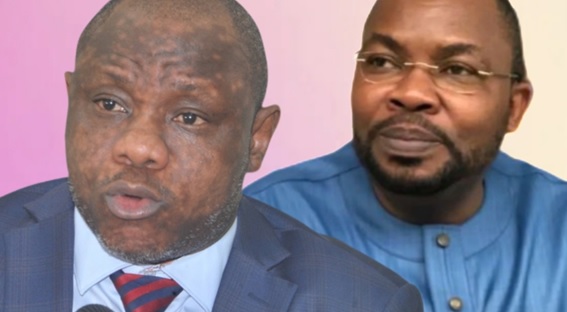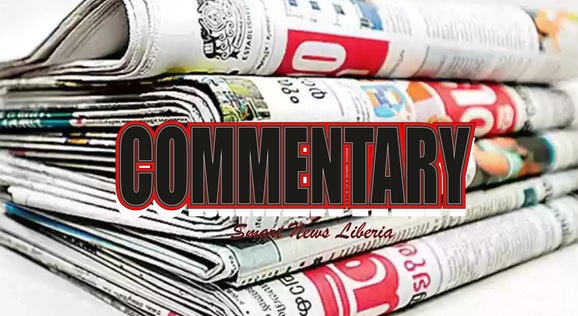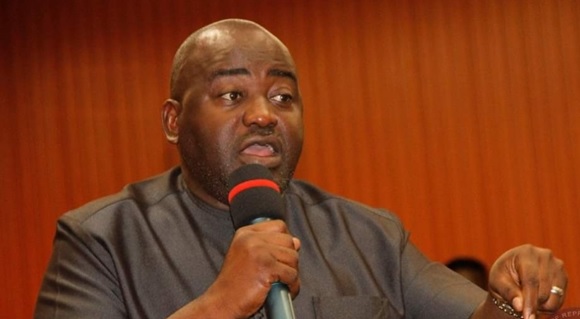MONROVIA, LIBERIA – The Coalition for Democratic Change (CDC) faces mounting legal and financial pressures as it struggles to secure a bond for three of its former high-ranking officials now detained. The high-profile case, now under the purview of Criminal Court A Judge Roosevelt Willie, involves ex-Solicitor General Counselor Nyenati Tuan, former National Security Advisor Jefferson Karmoh, and the ex-Controller of the Financial Intelligence Agency (FIA), Moses Cooper. This legal battle marks a significant challenge for the CDC, which is grappling with the repercussions of its previous administration.
The turmoil began on August 1, when City Court Magistrate Ben Barco transferred the case to Criminal Court A due to jurisdictional issues. The transfer was prompted by the complex nature of the charges and the need for a higher court’s jurisdiction. Magistrate Barco’s decision reflects the serious legal considerations surrounding the former officials, whose actions during their tenure have now come under intense scrutiny.
The CDC is under significant pressure as it attempts to navigate the legal quagmire. The issuance of a Writ of Arrest on Monday for five former government officials has only intensified the situation. This writ targets key figures from the Weah-led administration, adding to the party’s legal woes. The party’s inability to quickly secure their release on bond has led to increased public and political scrutiny.
Interpol has now stepped in, issuing arrest warrants for two key figures still at large: former Finance Minister Samuel Tweh and former FIA Director Stanley Ford. Their absences have added a layer of complexity to the case, making it difficult for the CDC to present a united defense. The international warrants highlight the seriousness of the allegations and the global reach of the investigation.
Court records detail that the three detained officials, Counselor Nyenati Tuan, Jefferson Karmoh, and Moses Cooper, are awaiting further court action while the CDC struggles to arrange their bond. The inability to secure their release has led to a growing sense of urgency within the party. The legal team’s efforts to address the bond issue have been met with procedural challenges, complicating their defense strategy.
The case has placed the CDC in a difficult position, as it tries to distance itself from the alleged actions of its former officials while also defending their rights. The party’s leadership is working to manage the fallout, emphasizing their commitment to due process and justice. However, the legal and political ramifications of the case continue to mount.
The involvement of Interpol underscores the international dimension of the investigation. The warrants for Tweh and Ford suggest that the allegations have significant implications beyond Liberia’s borders. This international aspect adds pressure on the CDC to cooperate fully with global law enforcement agencies, further complicating the party’s legal strategy.
As the legal process unfolds, questions arise about the implications for the CDC and its leadership. The party’s challenges in securing bond for its detained members and the international hunt for Tweh and Ford cast a long shadow over its current and future political landscape. The case is likely to influence public perception and voter confidence, particularly as the country approaches its next election cycle.
This developing situation stresses the broader tensions and stakes in Liberia’s political and judicial arenas. The ongoing proceedings will undoubtedly have significant ramifications for the CDC, its former officials, and the nation at large. The outcome of this case could reshape Liberia’s political landscape, influencing the strategies and fortunes of all involved parties.







